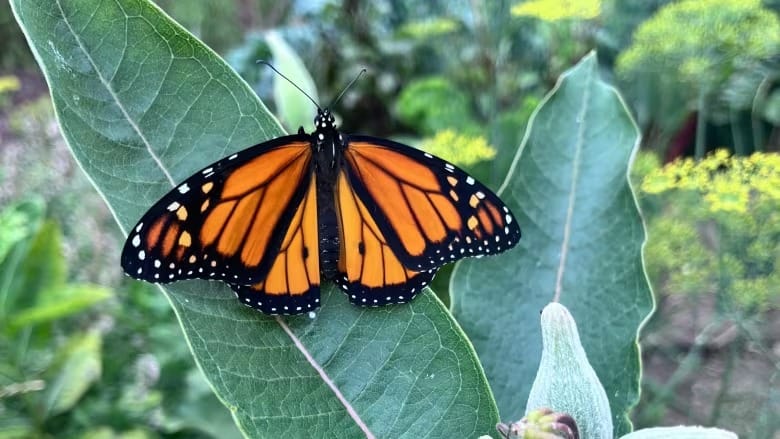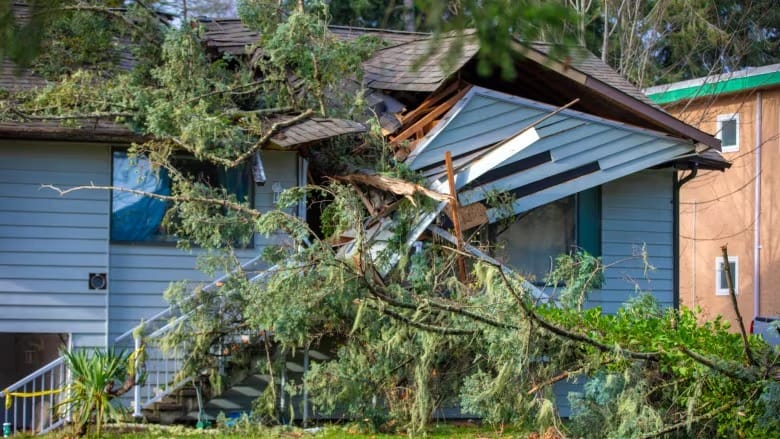Everton resident fights to save monarch butterflies as populations plummet in 2024
In 2020, her top collection year, Susan Johnson rescued 74 butterflies in her backyard

In the summer, Everton resident Susan Johnson routinely checks on her milkweed plants in her backyard. These plants are essential as they are the sole host for monarch caterpillars, providing the necessary nourishment for their transformation into adult butterflies. Without milkweed, monarchs cannot complete their life cycle, leading to declining populations.
This year, 2024, has been particularly challenging for monarch butterflies due to unusually high temperatures, drought conditions, and El Niño weather patterns. In response, Johnson is dedicating her backyard to monarch butterfly rescue and conservation efforts.
"They're extraordinary creatures," Johnson remarked.

From May through late September, Johnson inspects her plants twice daily to collect monarch eggs and caterpillars. She carefully transfers any found caterpillars to a secure mesh container on her back porch, where she feeds and monitors them until they metamorphose into butterflies, which she then releases.
If she finds an egg, Johnson follows a similar process but first sterilizes both the egg and the leaf it is on with a diluted bleach solution to prevent the spread of ophryocystis elektroscirrha (OE), a harmful parasite affecting monarch butterflies.
"If I do get an egg, I will keep them separate from caterpillars that I find, so that the caterpillar, if it is infected with OE, can't infect the egg," Johnson explained.
Currently, Johnson is caring for nine butterflies, having already released one. This is a sharp decline from the 74 butterflies she released in 2020, her highest year, but she remains committed to her rescue efforts.
"The numbers are plummeting, but it's so important to do this," Johnson said.
In December 2023, monarch butterflies were officially reclassified from special concern to endangered under the federal Species at Risk Act due to their rapidly declining numbers.
Stephen Murphy, a professor at the University of Waterloo's School of Environment, Resources, and Sustainability, notes that the decline spans three countries: Mexico, the United States, and Canada. Monarchs are highly sensitive to small weather changes, and this year's extreme weather in Texas—including an ice storm and heat wave—and El Niño conditions in Mexico, which brought more cold and rain, have exacerbated the decline.

"Historically speaking, every time there's a significant weather shift, whether too cold, too warm, or too rainy at critical points in their development, they suffer," Murphy said.
Despite the scale of her efforts, Murphy believes Johnson's work is crucial in mitigating the problem.
"We have the ability to connect with nature, and it does make a difference in preventing the issue from worsening," Murphy noted.
Ontario Nature suggests that individuals can help monarchs by planting milkweed to provide egg-laying sites and native wildflowers for nectar, as these resources are vital for the survival of both caterpillars and adult butterflies.





